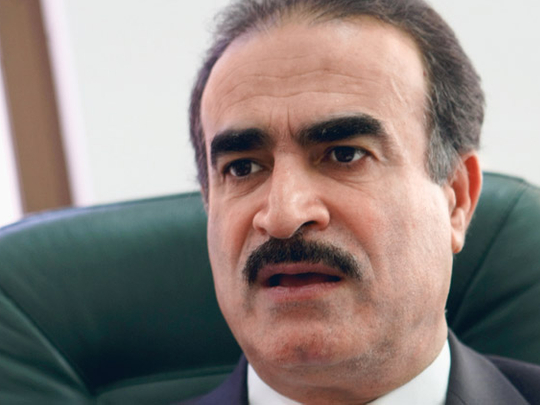
Dubai People diagnosed with Type 1 diabetes should not fast during Ramadan as they are in a high risk category and could end up doing harm to themselves, the chief executive officer of Dubai Hospital has warned.
"Ramadan is a special month for Muslims and everyone wishes to join in its spiritual enjoyment," Dr Abdul Razzaq Al Madani said.
However, the sugar levels of this particular group of diabetics could fluctuate dangerously during the fast, he added.
Type 1 diabetics depend on injections of insulin to lead a normal life. During the Ramadan fast Muslims go without food and drink during the daylight hours, and taking medicine in public is also not allowed.
Dr Al Madani said even people with Type 2 diabetes need to be extra careful if they plan to fast.
He added that people with cardiac problems in particular should regularly check their sugar levels.
People with Type 2 diabetes can control their illness by adhering to a proper diet and taking medication.
"The summer days are long," Dr Al Madani said.
He advised people to drink plenty of water during "sohour", the pre-dawn meal. He also advised against taking the meal earlier, at, say, around 2am, and then proceeding to sleep. The sohour meal is eaten close to the dawn prayers.
Dr Al Madani pointed to a study he carried out with other leading doctors on recommendations for managing diabetes during Ramadan.
The study found a large number of patients with both types of diabetes fasted and in the process endangered themselves.
Dr Al Madani also advised pregnant women against fasting, adding that they were also at risk.
Health experts have said the UAE has the highest number of diabetics in the world, next to Nauru, a tiny Pacific island which became extremely rich overnight because of rich mineral deposits.












